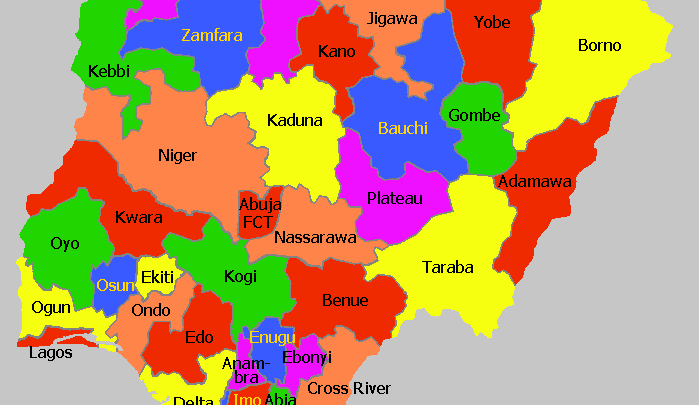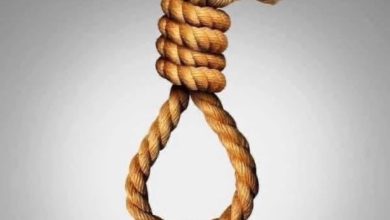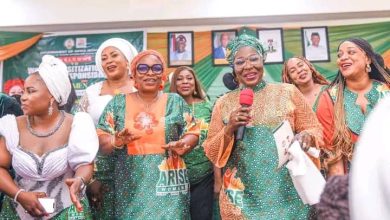
Nigeria would today, June 12, not only mark the 26th anniversary of unbroken democracy but its survival in the country.
In fact, democracy had died several times in Nigeria until the last attempt in 1999 which is still wobbling but standing the test of time. It would be recalled that in the First Republic, democracy only lasted six years (1960 – 1966) before it was truncated.
In the Second Republic, democracy was only in place for five years (October 1979 to December 31, 1983).
Attempts at democracy in the Third Republic were inconclusive and died in infancy. It was a staggered process that began in 1987 with local government elections and culminated in 1993 with a presidential election on June 12 that was annulled. It was so balkanized that it was no surprise that the military did away with the Third Republic on November 18, 1993.
After several years of military rule, democracy was again installed on May 29, 1999, which has withstood the last 26 years of uncertainties, conflict, crisis of confidence, and pitfalls but keeps trudging on. How democracy has survived the last 26 years in Nigeria is a classic case study for it could have died along the way, given the actions and inactions of politicians in the nation.
Nigeria’s democracy has always been fraught with pitfalls, especially in the conduct of elections which most often are never free or fair. They are mostly marred by rigging, vote-buying, ballot box-snatching, falsification of figures and thuggery.
Related: June 12: Oku Ibom Ibibio Urges Leaders To Deepen Democracy, Prioritise National Interest
Despite several reforms put in place, electoral fraud remains commonplace in Nigeria during elections. For example in the 2023 general elections, the introduction of a bimodal voter accreditation system did little or nothing to guard against rigging.
Elections in Nigeria usually leave a bitter after-taste in the mouth and long-drawn-out post-election litigations in courts of law. It has now become a refrain to tell aggrieved politicians who lost at the polls to “go to court”.
It is now apparent that nobody believes that Nigeria can ever conduct free and fair elections. Even long after elections are concluded and a government put in place, the ruling party and the opposition hardly see eye to eye.
In fact, democracy in Nigeria is a “mini civil war” between the party in government and the opposition. All they do is undermine one another and, if possible, bring down the government. Most often, the executive and the legislature hardly work in tandem, all of which puts pressure on the polity to boil over.
Another alarming point about Nigeria’s democracy is how politicians squander the taxpayers’ money through their ostentatious lifestyle. Resources are being wasted on frivolities and several projects are left abandoned. Many strongly feel that the manner of Nigeria’s democracy is bleeding the nation almost to the point of death.
Amazingly, democracy continues to survive all odds. As it stands, it seems that all Nigerians, irrespective of their political differences, have agreed in principle that democracy is the way forward and the best form of government.
Once in a while and out of sheer desperation, some few elements have suggested the return of the military but such thoughts usually fickle out instantly as Nigerians have finally done away with military rule. Most importantly, the military has learnt its lessons and will never again seize power in Nigeria.
Democracy is beyond mere civil rule and has dividends for the benefit of every individual. Democracy encompasses the equitable distribution of the essentials of life among the populace. Therefore, it is expected that under democracy, human rights would be widely respected, the rule of law strictly adhered to, dividends equitably distributed and freedom of expression fully guaranteed.
Some of the attributes of democracy are still glaringly lacking in today’s Nigeria. But Nigerians are always quick to find excuses for whatever is wrong about how they run democracy. They would always point out that it took most major democracies today hundreds of years to get it right and that of Nigeria is only 26 years in the system.
It could only be hoped that as the years go by, Nigeria will keep fine-tuning the practice of democracy until it becomes attuned to it Practice, they say, makes perfect.




